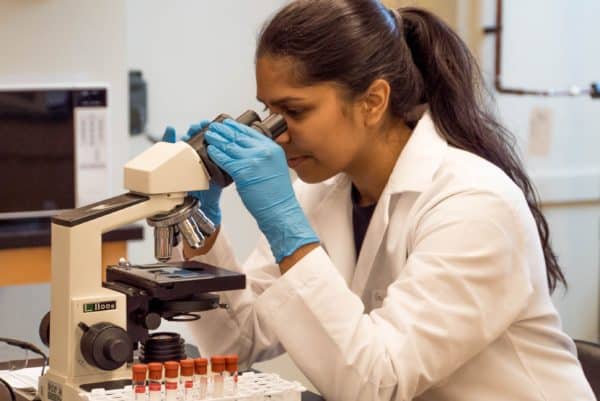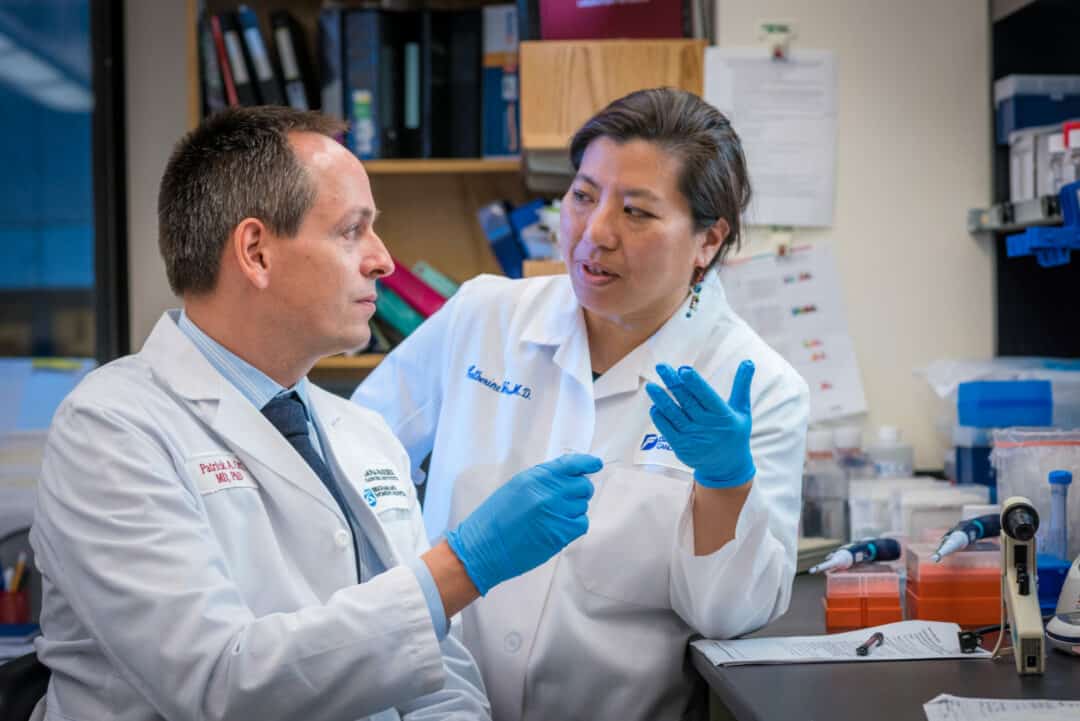Pancreatic cancer is the deadliest common cancer, with more than half of people dying within three months of diagnosis, yet treatment options are limited. Currently, the only potential curative treatment of the disease is surgery, but just one in ten patients receive the operation. Providing effective treatment options to everyone affected by pancreatic cancer is crucial in order to improve survival rates.
The study was co-led by a team of scientists at The Institute of Cancer Research, London, headed up by Dr Anguraj Sadanandam, and the University of Michigan in the US. This work, published in Nature today, was funded by Pancreatic Cancer UK, the Ian Harty Charitable Trust and the National Institutes of Health in the US.







